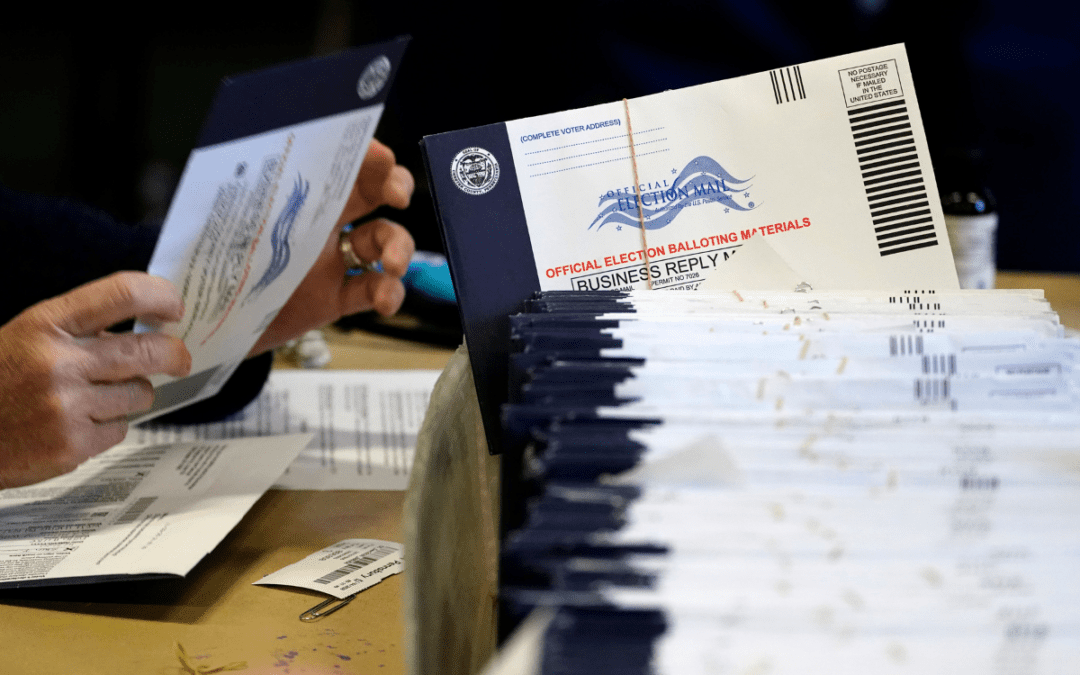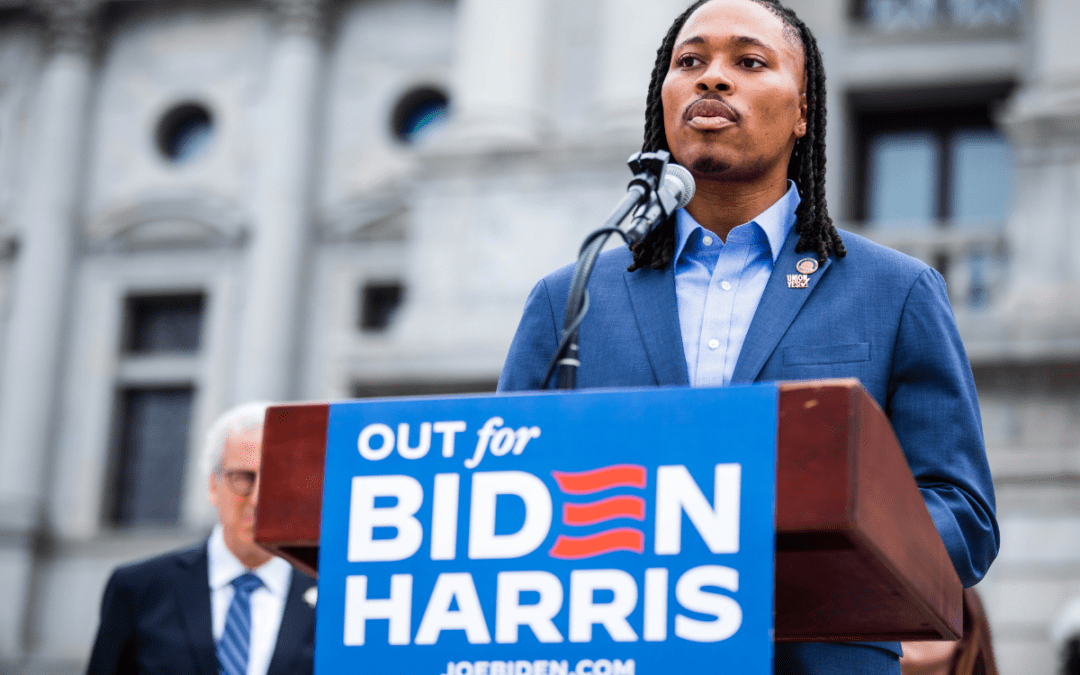
The vast majority of losses come from loans that could’ve been provided to Black business owners.
How expensive is racism in the United States? $16 trillion, according to a study published Thursday.
According to the study published by Citigroup, racial discrimination in housing, education, wages, and financial lending erased $16 trillion from the US GDP in the last 20 years.
“Racial inequality has always had an outsized cost, one that was thought to be paid only by underrepresented groups,” Raymond McGuire, vice chairman of Citigroup and one of the report’s authors, said in a statement. “What this report underscores is that this tariff is levied on us all, and particularly in the US, that cost has a real and tangible impact on our country’s economic output.”
The vast majority of the losses come from a lack of loans provided to Black business owners—something Citigroup estimates to cost the country $13 trillion in lost business revenue and about 6.1 million new jobs annually.
Black Americans’ wage gap also contributes another $2.7 trillion loss to the GDP, and inaccessibility to higher education could have benefited the US another $90 to $113 billion. Furthermore, housing credit discrimination and prejudice prevented about 770,000 Black people from becoming homeowners—or about $218 billion in the real estate market.
The study also found that the United States might regain some of the loss if it effectively tackled racial inequality now, estimating that $5 trillion could be added to the American economy within the next five years.
While the study highlights just how expensive systemic racism is for the country, some activists and members of the Black community are not surprised by the report’s findings.
“While the study results are interesting, it is not exactly breaking news, at least as far as the Black community is concerned,” James Jackson, a Philadelphia-based activist, told COURIER. “It barely scratches the surface of the systemic injustice and overall global picture of how costly racism is.”
Joe Dunigan, an anti-racism activist and a scout for Major League Baseball’s Miami Marlins, repeatedly experienced costly, systemic racism first hand, as a Black man trying to enter the US housing market or even just trying to rent an apartment.
“From buildings asking me for a co-signer, to them also asking me to show the full amount of a year’s rent in my bank account which I had never heard before, I was hit with reason after reason, and it frustrated me so much,” Dunigan told COURIER. “These same practices are used to refuse eligible Black people bank and car loans. They are used to hike interest rates constantly on Black and Brown people because they don’t know any better, and they prioritize what they need over what their credit score might be.”
In response to the study’s findings, Citigroup announced it will invest more than $1 billion in initiatives supporting Black-owned businesses and promoting Black homeownership among other areas. While Dunigan believes the program, called “Action for Racial Equality,” is one small step towards addressing systemic racism, he believes companies like Citigroup shouldn’t just invest in already established BIPOC businesses.
“There has to be a follow up to continue to build and create generational wealth,” Dunigan added. “Don’t just invest in pre-owned businesses. Invest in programs to help folks that have the ideas but have never had to help to create. We all want the businesses running to succeed, but how can we help those who don’t have anything to create something? Or at least have hope that they, too, can be their own boss if they wanted?”
Jackson believes $1 billion is not nearly enough for a sizable first-step. “The systemic issues need to be resolved, and throwing money at the problem isn’t going to solve it,” he added.
Gabriel Lavine, a non-binary criminal justice activist, said fighting for racial equality shouldn’t be done out of fear of financial consequences, but as an act of restorative justice to help heal the United States’ violent and racist history.
“American societal norms rarely consider the disadvantages in communities of color,” Lavine told COURIER. “The residual effects of our country’s ugly past have never explicitly been tackled.”
They also added that people shouldn’t be afraid of racial equality for Black communities.
“Racial equality shouldn’t be a divisive or partisan concept,” they added. “There are plenty of opportunities and resources available in America, so no one should feel threatened or at risk of losing anything.”
Politics

Pennsylvania redesigned its mail-in ballot envelopes amid litigation. Some voters still tripped up
HARRISBURG, Pa. (AP) — A form Pennsylvania voters must complete on the outside of mail-in ballot return envelopes has been redesigned, but that did...

Biden makes 4 million more workers eligible for overtime pay
The Biden administration announced a new rule Tuesday to expand overtime pay for around 4 million lower-paid salaried employees nationwide. The...

Malcolm Kenyatta makes history after winning primary for Pa. Auditor General
State Rep. Malcolm Kenyatta, who was first elected to the state House in 2018, won the Democratic nomination for Pa. Auditor General and will...
Local News

What do you know about Wawa? 7 fun facts about Pennsylvania’s beloved convenience store
Wawa has 60 years of Pennsylvania roots, and today the commonwealth’s largest private company has more than 1,000 locations along the east coast....

Conjoined twins from Berks County die at age 62
Conjoined twins Lori and George Schappell, who pursued separate careers, interests and relationships during lives that defied medical expectations,...





